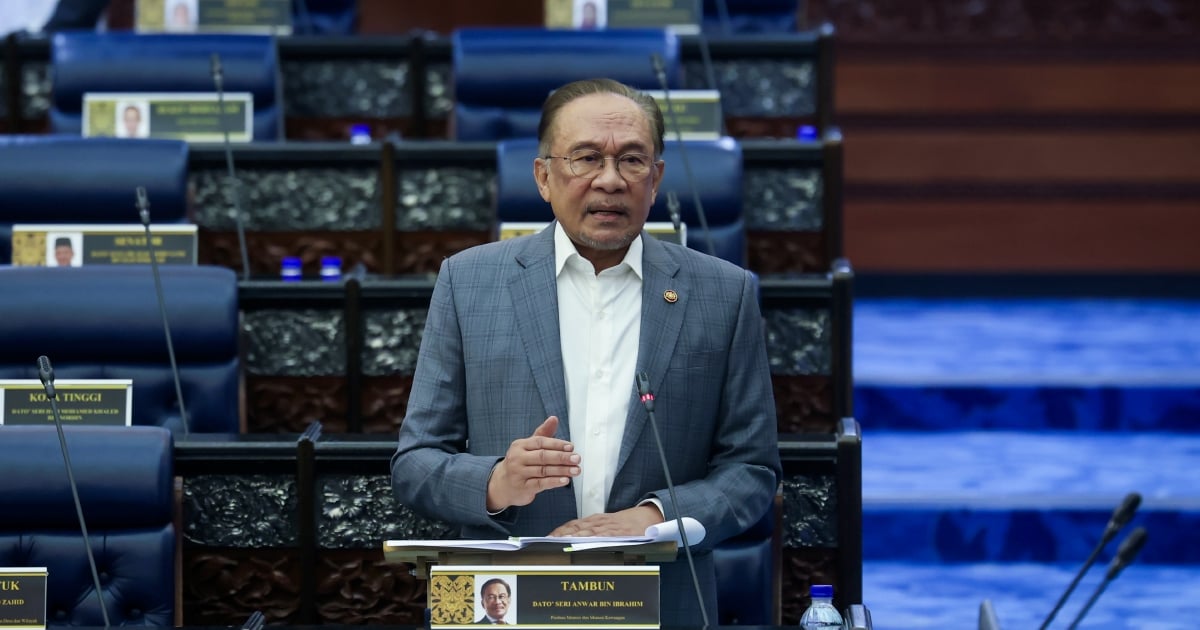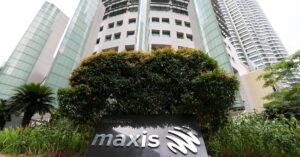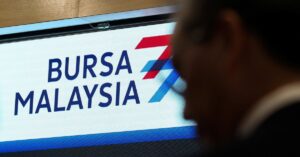KUALA LUMPUR: The ringgit has remained strong and stable, placing it among the best-performing currencies in Asia for 2025, said Prime Minister Datuk Seri Anwar Ibrahim.
Anwar (PH–Tambun), who is also finance minister, said the weakening of the US dollar, due to uncertainty surrounding economic growth and trade policies, has contributed to the strengthening of many emerging market currencies, including the ringgit.
He also said the currency strengthened against regional currencies, gaining 9.0 per cent against the Indonesian rupiah, Philippine peso (6.6 per cent), Chinese renminbi (3.5 per cent), Japanese yen (1.5 per cent) and Singapore dollar (0.8 per cent).
He added that despite various market developments and adjustments, the ringgit had also appreciated by 6.1 per cent against the US dollar as of Oct 6, 2025.
“Lower interest rates in the US and a shift towards expectations of reduced rates in major global economies have supported the ringgit’s appreciation,” he said in a written parliamentary reply today.
Anwar said this in response to Lim Guan Eng (PH–Bagan), who had asked about the ringgit’s performance against the US dollar and other foreign currencies, as well as the impact of US interest rate cuts and tariffs.
The prime minister added that the strengthening of the ringgit against the US dollar had also helped reduce the cost of imported goods, making raw materials and consumer products more affordable for the public, easing inflationary pressures and lowering production costs for businesses.
“However, a stronger ringgit can make Malaysian exports relatively more expensive in certain sectors, such as tourism.
“Despite this, Malaysia’s gross exports have continued to show positive growth, averaging 4.1 per cent in the first eight months of 2025.
“This growth has been primarily driven by sustained strength in the electrical and electronics (E&E) sector.
“Therefore, the overall impact of exchange rate movements on the country’s trade competitiveness is expected to remain manageable as long as global demand stays robust,” he said.
He added that inflation had remained moderate, averaging 1.4 per cent during the first eight months of the year, and was projected to stay between 1.5 and 2.3 per cent for 2025.
“This is supported by lower cost pressures and stable domestic demand. The government’s goal is to ensure that the ringgit continues to trade in an orderly manner.
“As such, the government and Bank Negara Malaysia will continue to monitor developments in the domestic foreign exchange market and stand ready to take appropriate measures should there be any changes in the ringgit’s outlook.”
© New Straits Times Press (M) Bhd






